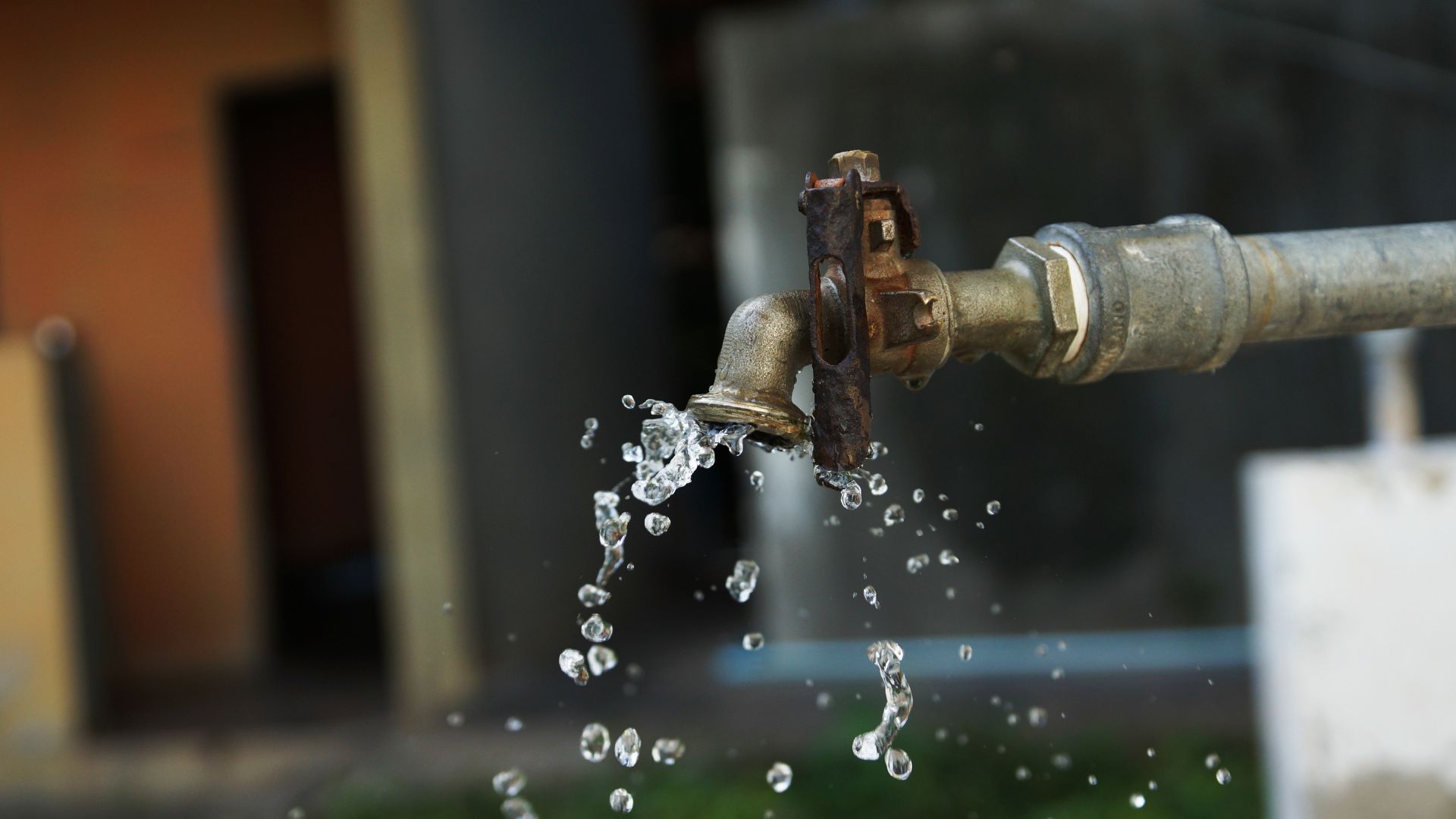Water companies are spending more than ever – but poor planning, weak oversight and costly procurement mean that progress is extremely slow.
Since the utilities were privatised in 1989, an average of 0.83% of the network has been replaced per year. Between 2019 and 2024, that plummeted to a meagre 0.14%.
Regulators (Ofwat, the Environment Agency, and the Drinking Water Inspectorate) and the Department for Environment Food and Rural Affairs (Defra) are failing to enforce value for money, the NAO found.
This has contributed to a “a record low in consumer trust”. According to a blistering Surfers Against Sewage (SAS) report released last week, just a third (33%) of English adults believe that their supplier will take the necessary action to end sewage pollution.
“Given the unprecedented situation facing the sector, Defra and the regulators need to act urgently to address industry performance and resilience to ensure the sector can meet government targets and achieve value for money over the long term for bill payers,” warned Gareth Davies, the head of the NAO.
It’s a timely issue: over the next 25 years, companies plan to spend £290bn on infrastructure and investment, while Ofwat estimates a further £52bn will be needed to deliver up to 30 water supply projects, including nine reservoirs.
Advertising helps fund Big Issue’s mission to end poverty
Nationalisation campaign group We Own It slammed the “extractive” privatised water model and the government’s ineffective regulation of the sector.
“The National Audit Office has just confirmed what we already know,” said Matthew Topham, lead campaigner at We Own It. “The privatised water sector has completely failed the public and the environment, while the government and industry regulators have sat on their hands and allowed it to happen.”
“What has happened under successive governments is nothing short of a wholesale betrayal of the people and our environment.”
Water companies are not incentivised to invest properly, Topham added. £85bn has been extracted in profits since 1989, yet no new reservoirs have been built since 1992.
Thames Water is a particularly cautionary tale. The utility is struggling under a £19bn debt pile – all accrued since water was privatised – yet has paid shareholders more than £7bn in dividends over the same period.
“Investors and shareholders have treated our water sector like a cash cow, sweating the assets for every penny of profit they can get whilst vandalising our rivers and lakes,” Topham said.
Advertising helps fund Big Issue’s mission to end poverty
The NAO report does not discuss nationalisation. However, it does call for regulators create a coherent national strategy for the water sector. Currently, they do not have a good understanding of the condition of infrastructure assets and have “no metric to properly assess their condition”.
It’s a “chaotic” and ineffective model of enforcement. Despite there being three regulators tasked with water, for example, no one is responsible for proactively inspecting wastewater to prevent environmental harm. This means only 1% of water companies’ actions to improve environmental performance have been inspected by the Environment Agency, the NAO report said.
River Action – a charity focused on sewage pollution – described such failures as “unsurprising”.
“It’s shocking, but sadly not surprising, that regulators have failed to future-proof the UK’s water security,” CEO James Wallace said.
“This report confirms what we’ve known for years: since privatisation, billions have gone to shareholders while vital investment in infrastructure has been neglected as the threats of climate change and population growth loom.”
Do you have a story to tell or opinions to share about this? Get in touch and tell us more. Big Issue exists to give homeless and marginalised people the opportunity to earn an income. To support our work buy a copy of the magazine or get the app from the App Store or Google Play.
Advertising helps fund Big Issue’s mission to end poverty





